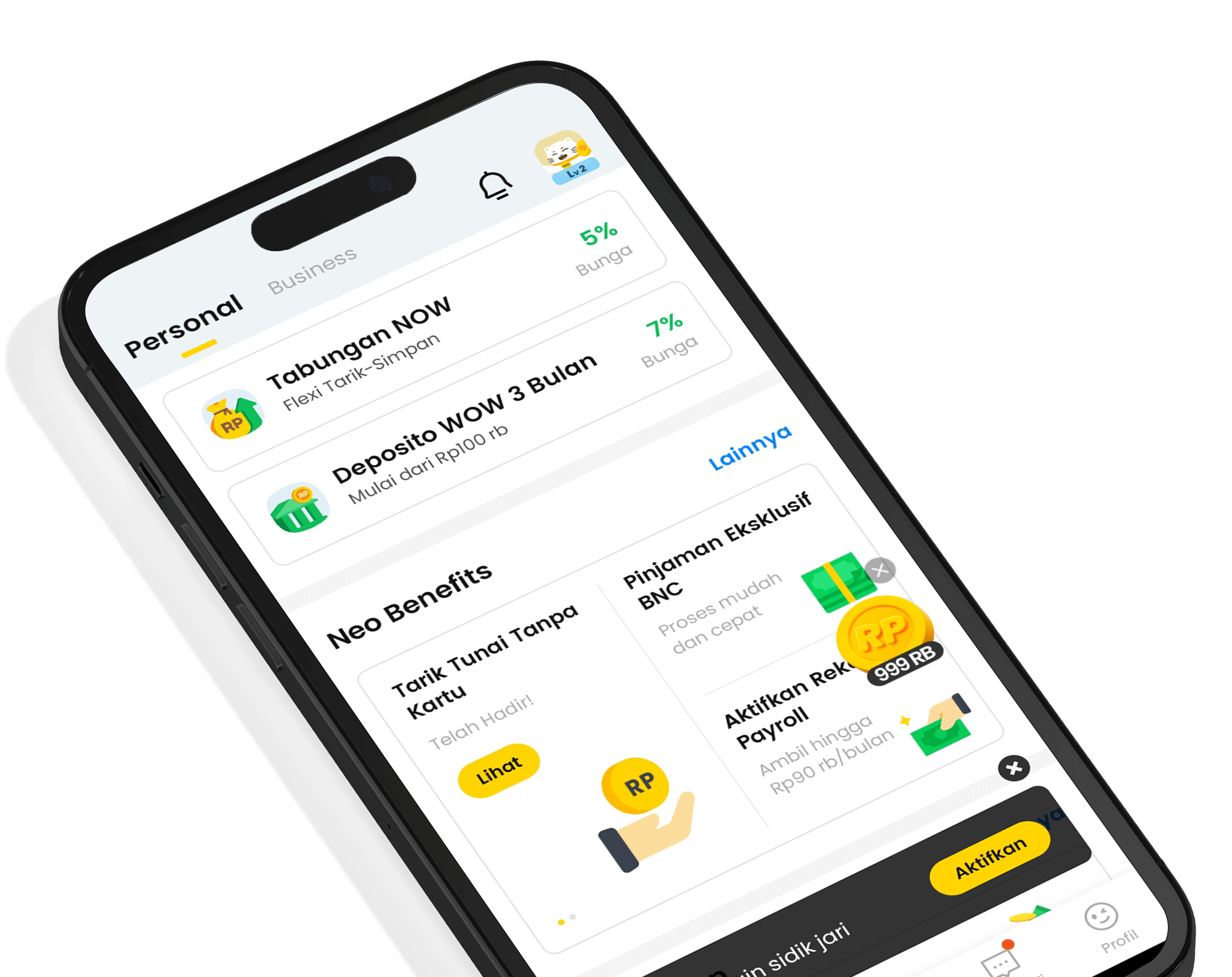.jpg)
For aspiring online business owners, the opportunity to start a venture is always within reach. However, these opportunities also come with challenges, especially as competition grows increasingly fierce.
Starting a business requires more than just financial capital—it demands creativity and a resilient mindset. Managing business finances involves more than just handling cash; it calls for creativity, strategic thinking, and skill.
Tips for Managing Cash Flow and Business Budget
To understand financial activities and assess the profitability of a business, you need to learn about cash flow. It also plays a crucial role in making sound financial decisions for the future.
Understanding Cash Flow
Cash flow is generally categorized into three types:
- Operating Cash Flow
Reflects the net cash generated or used in daily business operations.
- Investing Cash Flow
Tracks financial activities related to business investments, such as capital expenditures.
- Financing Cash Flow
Involves funding activities through loans, bonds, or equity transactions with stakeholders such as investors, owners, and creditors.
Read: What Is a Franchise, Franchise Costs, and Affordable Franchise Ideas for Young Entrepreneurs
Financial Management for Small Business Owners
A common mistake among new entrepreneurs is mixing personal and business finances. This can disrupt cash flow and harm both personal and business finances.
To avoid this, it’s crucial to create separate budgets for personal and business finances. This clarity allows for more accurate financial management. Once the budget is set, what comes next?
1. Develop a Comprehensive Business Plan
Start by drafting a detailed business plan. Outline budget allocation for different business needs, including rent, raw materials, production costs, staff, distribution, and marketing. Estimate expenses for each category.
2. Conduct Financial Analysis
Evaluate your financial plan to identify gaps. For instance, if you find a shortage of capital, consider seeking additional funding to expand inventory, upgrade facilities, or open a new branch. Explore options such as business loans to boost your capital.
3. Monitor Closely
After setting a budget, be diligent about monitoring cash flow. Ensure there’s enough cash on hand to cover daily expenses. During busy periods, avoid unnecessary spending.
4. Manage Surplus Funds
Use excess funds from profitable periods to support operations during slow times. This approach ensures consistent service delivery even when business is down.
5. Stay Adaptable
Continuously review your cash flow and budgeting strategies. Make adjustments as needed—for example, by cutting non-essential expenses or negotiating better terms with suppliers to optimize spending.
6. Prioritize Debt Repayment
If your business has debts, create a repayment plan according to your budget. Timely fulfillment of financial obligations is crucial to maintaining financial health.
7. Track Business Finances
Once your financial framework is in place, track progress against your budget. Stick to your financial goals and adjust your strategy as needed.
8. Create a Separate Account
Keep personal and business finances separate to maintain clarity in tracking capital, income, and expenses. This separation enhances financial transparency and accountability.
9. Manage Cash Flow Effectively
Ensure a stable cash flow to support daily operations amid fluctuations in revenue and expenses. Effective cash flow management is key to sustaining business operations.
10. Diversify Income Streams
In business, fluctuations are inevitable. To mitigate risk during economic crises, diversify your income sources. For example, if you sell air conditioners, consider also offering repair or cleaning services.
11. Build an Emergency Fund
Just like individuals, businesses should establish an emergency fund to cover unexpected expenses. This fund acts as a buffer to maintain business continuity in the face of unforeseen challenges.
Read: Tips for Courageously Starting Your Own Business with Neo Pinjam
Manage Finances with Neo Bisnis
Business owners can also benefit from a dedicated business account through Neo Business, a feature that allows seamless management of business income in a single app.
Neo Bisnis serves as an ideal account for small businesses or companies. It ensures that all financial activities related to the business are kept separate from personal finances, maintaining clear separation.
Business owners can easily open and manage a business account online in real-time using their smartphone. They can maximize profits by saving business income in the Neo Business savings account, which offers competitive interest rates and security.
Key Features of Neo Bisnis
- QR Payment
- Payment Link
- Transfers
- Journaling
- Bill Payments
Benefits of Neo Business
- Separate Personal & Business Transactions
- Provides QRIS Merchant
- Offers Business Transaction Analysis
- Offers Business Loans
- Fast QRIS Payment Settlements
- Interest-Bearing Savings
How to Open a Business Account on the Neobank App
If you already have a personal account on the Neobank app, simply create a business account through the Neo Business feature. Here’s how:
- Open the neobank app
- Select the “Business” menu
- Choose “Activate Now”
- Fill in your personal details and click “Submit”
- Your Neo Business account is now active and ready to use
By applying the steps above, you’ll have a strong foundation for effectively managing business finances before launching your venture. Resist the urge to rush into business based solely on initial capital—plan and manage all aspects of your business finances carefully.
Download the neobank app on the PlayStore and App Store and manage your business finances with Neo Business!
For full info and terms & conditions about Neo Bisnis, visit: https://s.id/neobisnis, want to open a Neo Bisnis account right away? Click: https://s.id/igneobisnis
***
PT Bank Neo Commerce Tbk is licensed and supervised by the Indonesia Financial Service Authority (OJK) and Bank Indonesia (BI), and an insured member of Deposit Insurance Corporation (LPS).


